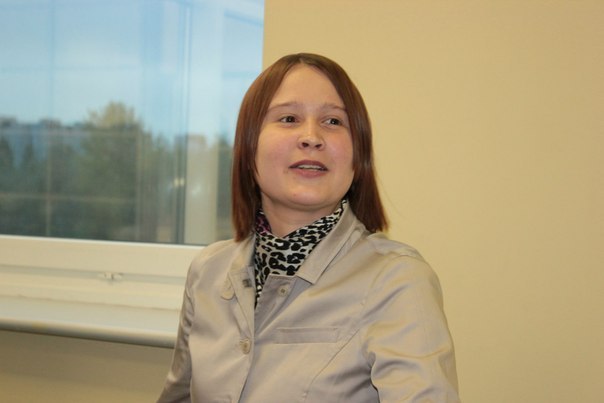The article considers a brief history of Pietism and its Scandinavian and Russian forms. Special attention is paid to the emergence of the Laestadianism among the Saami that has become for them the national form of Christianity. The article compares the doctrinal and social attitudes of the Laestadians and the Shtundists, and reveals the similarities and differences in their approaches. The original features of the Scandinavian Pietists – Laestadians are indicated: primacy (with certain exceptions) of experience, and not the Bible; the idea of the power of the church as a congregation and movement; the practice of compulsory confession. The article mentions the features of the early Laestadians that are now almost never encountered: the extreme emotionality of worship and the active borrowing of Pagan mythology. Analyzing the history of Scandinavian and Russian pietism, the author comes to the following conclusions: 1) Scandinavian and Russian Pietists carried a general message to their lay followers (the need for a radical life change, a ban on alcohol, a desire to enlighten society, setting a good example for it and introducing it to their practice); 2) Laestadians were also distinguished by their practice of compulsory confession and expression accompanying their worship; 3) Laestadianism was especially successful among the Sami, actively using their mythology; 4) in relation to the official church, the Pietists took a critical, but generally loyal position; 5) the Scandinavian Pietists were considered as dissidents, sometimes dangerous, in relation to state, but they could under the protection of the authorities; Russian Shtundists criticized the authorities, but were mainly engaged in the spiritual transformation of society, as they saw it, while the authorities pursued them as “sectarians”.
Keywords: Lutheranism, Pietism, Lars Levi Laestadius, Laestadianism, Scandinavian countries, Uskovaiset, Hihhulite, Shtundism
DOI: 10.22250/2072-8662.2019.2.85-93
About the author
 |
Oksana V. Kuropatkina – PhD (Cultural Studies), Deputy Director of Study and Development of Cross-Cultural Relations Center; 127-1 Vernadskogo pr., Moscow, Russia, 119571; This email address is being protected from spambots. You need JavaScript enabled to view it. |






